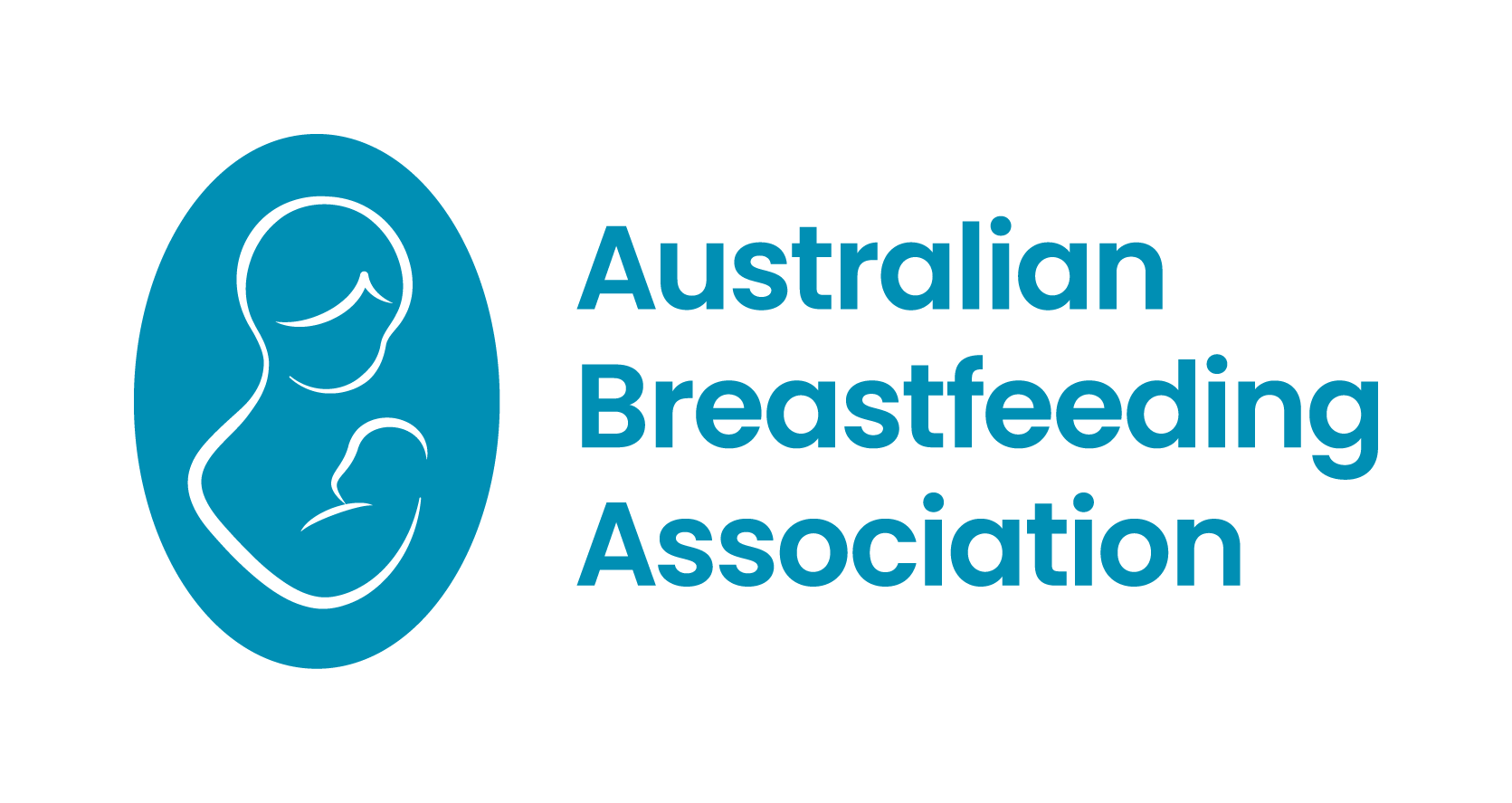Eckermann, H. A., Meijer, J., Cooijmans, K., Lahti, L., & de Weerth, C. (2024). Daily skin-to-skin contact alters microbiota development in healthy full-term infants. Gut Microbes, 16(1), 2295403. https://doi.org/10.1080/19490976.2023.2295403
Research summary prepared by Andini Pramono, BPH, MPH, IBCLC, PhD.
Vital for human body development and function, the gut microbiota can influence human physical and mental development through the immune system, tryptophan metabolism, the vagus nerve and the enteric nervous system. The establishment of the gut microbiota in the early years is influenced by various environmental factors. Thought to be virtually sterile, the infant’s gut is mainly influenced by the mother’s microbiota via vaginal delivery, breastfeeding and frequent close contact. Furthermore, other household members, close contacts, pets, solid food, use of antibiotics, hygiene and infant genetics are also important factors that contribute to the gut microbiome. It is important to understand how it develops and how it is influenced during infancy.
This randomised controlled trial (RCT) study aims to investigate potential effects of five-week daily skin-to-skin contact (SSC) between mothers and their full-term infants on the developing gut microbiome. The authors hypothesise that the treatment and the control group differ in 1) alpha diversity, 2) beta diversity, 3) genus level abundances, 4) volatility, 5) microbiota age, and 6) functional pathways related to gut-brain communication.
This RCT included two parallel groups: an intervention group and a passive control group. Expectant mothers from the Nijmegen region were recruited between April 2016 and September 2017. Mothers who were at least 18 years old, had good physical and mental health, had a singleton pregnancy, were not using drugs during pregnancy, and had sufficient understanding of the Dutch language were included. After the birth of their child, mothers were excluded if their child was born before 37 weeks, had congenital anomalies, a birth weight less than 2500 g, and/or a 5-minute Apgar score of <7.
Eligibility and participation in stool sample collection resulted in 116 participants. Despite no loss to follow-up in this RCT, some mothers did not provide stool samples for all time points leading to a total of 315 analysed samples: 105 at week 2, 107 at week 5 and 103 at week 52.
This study found evidence that SSC influenced microbiota composition at 2 and 5 weeks, and development in early and late infancy. Three mechanisms of action through which SSC may influence the microbiota were proposed. First, through physical contact which occurs naturally through maternal caregiving and breastfeeding. Second, breastfeeding may be one of the mechanisms by which the SSC intervention altered microbiota maturation long after the intervention, at one year of age. Third, the effect of SSC on volatility in early infancy may be due to its de-stressing effect.
This study has limitations, such as it may not exclude potential confounding bias in the per-protocol analysis estimates, as the authors did not measure all (time-varying) variables. However, this limitation is irrelevant for this intention-to-treat analysis, which is regarded as the preferred analytic approach for RCTs. Furthermore, the homogeneous sample with mainly families of highly educated mothers might limit the generalisability of this study.
The study strengths include a randomised controlled design with blind recruitment and low dropout rates throughout the intervention stage, and that microbiota and relevant covariates were sampled at several time points and included a follow-up microbiota sample collected long after the intervention was finalised.







